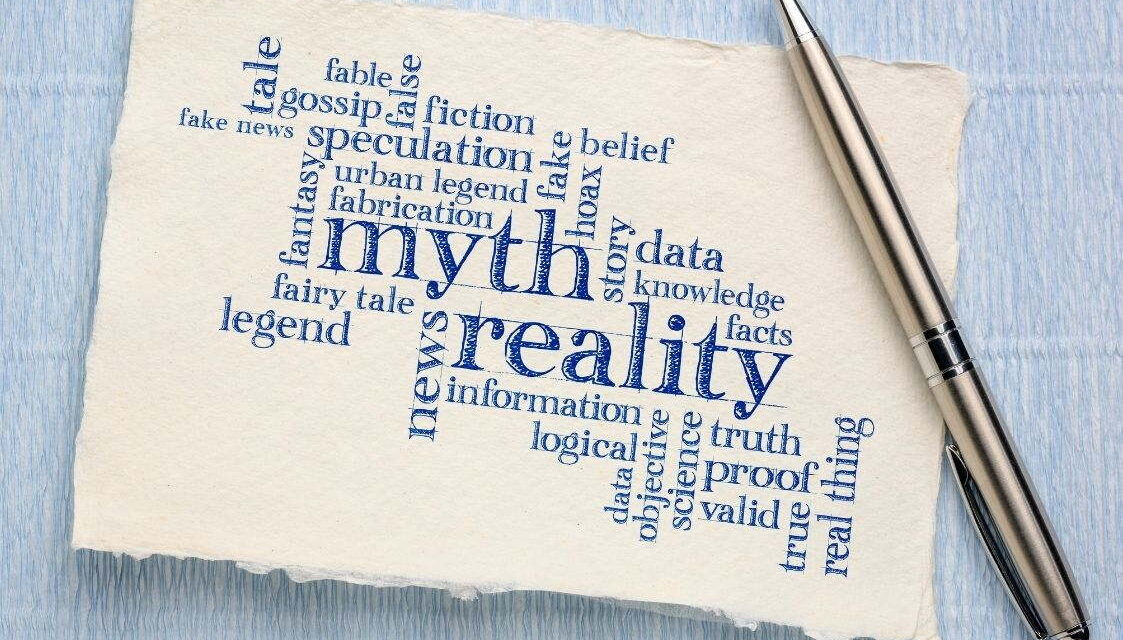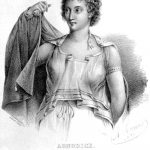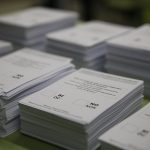ELECTIONS CHANGE NOTHING
This myth is old as elections themselves. It is often supported by the famous quote made by Emma Goldman who was a great thinker and contributor to democracy nevertheless but who grew up and originated from Russian Empire where democracy was non existent:
“If voting changed anything, they’d make it illegal.”
Today in the modern world all the evidence about this argument point differently. Securing voters and winning elections is a primary mission of every political party because obviously elections can change everything. Members of each political are the most disciplined voters there are – there are no elections that party members miss proving its importance. Just consider how many political parties struggle with this mission by considering all the following common ill practices:
- Political parties motivate their citizen-supporters to vote by organizing public transportation to polling places
- Political parties motivate their citizen-supporters to vote by paying them directly
- Political parties motivate their citizen-supporters to vote by promising various policies
- Political parties bribe political opponents in order to prevent competition during elections and secure more votes
- Political parties undermine political opponents in order to attract more voters
- Political parties sometimes manipulate census data and use dead citizens to add more votes to their side
- Political parties and their donors invest a HUGE AMOUNT OF MONEY in funding elections campaigns
Each of these practices listed above is concerned about winning more votes proving that elections do have the power of change. In reality, much of political activities revolve around gaining voters’ trust in order to win the elections because elections can give or completely take away the power from politicians and political parties. That is why they are ready to go really far in order to secure voters – for example by using zombie voters.
COUNTING VOTES IS MANIPULATED
This is another myth that is as old as the first myth and the two are mutually supportive. The assumption that vote-counting is manipulated process further strengthens the assumption that voting cannot change anything and the other way around. However, both are based on a false assumption which originates from the predemocratic era. It is undeniable that voting and every process around it including counting has been manipulated before in history. Tyrannies, monarchies, and any absolutist regime have indeed completely controlled the election process if they even had any election in place. These systems still function the same today in countries without democracy. The famous quote made by Stalin originates from the Soviet Union where the communist party was the only political party available:
“It is enough that the people know there was an election. The people who cast the votes decide nothing. The people who count the votes decide everything.”
However, this is/was only possible in undemocratic systems. Modern countries with democracies in place being members of the international community hardly have manipulations around counting votes because this process is strictly monitored by international and domestic NGOs such as Transparency International, armies of media reporters, and even citizens themselves. Moreover, modern countries with democracies also have electronic counting in place with many IT systems for support and control.
Unfortunately, it is also true that voting can be manipulated to a certain extent even in democracies but this is related to the process around elections and voting and not counting votes. And only to a certain extent because elections are a very complex process that consists of many phases, control areas, and organizations and individuals that are a part of it. That is precisely why political parties struggle to secure voters in any possible way as argued above about the first myth. It is because they are not in control of elections and counting votes that political parties fight for every citizen’s vote.
The simplest logic to beat the “vote-counting is manipulated” arguments is to use a reminder about a point in history when our government changed its ruling party. If a ruling party has changed then the ruling party obviously had no means to manipulate vote counting. Therefore vote counting is not manipulated but controlled. And it is not controlled by a single group of people or political party but its entire society.
PEOPLE ARE INCAPABLE OF GOVERNING THEMSELVES
This argument is often used against the democratic system in general. It assumes that people are incapable to govern themselves for whatever reason ranging from lack of intelligence, self-interest, and corruptive nature, etc. It is often accompanied by a famous quote made by Winston Churchill:
“The best argument against Democracy is a five-minute conversation with the average voter.”
While it is also argued that Churchill never actually said this, it is something that each one of us might have somehow felt as a result of the everyday struggle in our life or disappointment with our government’s policies. But that is precisely how the democratic system work: its quality highly depends on the capabilities of its citizens to govern themselves. Most of the advanced countries in the world are democracies meaning that citizens are indeed capable of applying a democratic system for achieving progress and development.
It is undeniably true that things could always be better: there are still many incapable and ignorant citizens and democratic countries with poor performance. However, this is not an argument to give up on democracy per se but to address its weaknesses instead. It only justifies the need for comprehensive civic education in as many areas as possible. If we invest in raising the competencies of citizens we will witness improvements on every level of society. This is the overall outcome of education in general. Unfortunately, many countries with democratic systems in place do not invest in civic education or building effective grassroots which leads to deterioration of quality in governance. Besides we can always work on improving ourselves which will further contribute to the improvement of our society. Therefore the democracy is a mere reflection of ourselves as a society. As Charles W. Pickering puts it:
“A healthy democracy requires a decent society; it requires that we are honorable, generous, tolerant and respectful.”
It would be illogical to argue against our financial independence because there are people who do not know handle their personal finance. In the same way, it is illogical to argue against democracy on the basis of the incapability of citizens because there are many capable citizens among us. We came this far with liberties and personal freedom so there is no going back – only forward!











